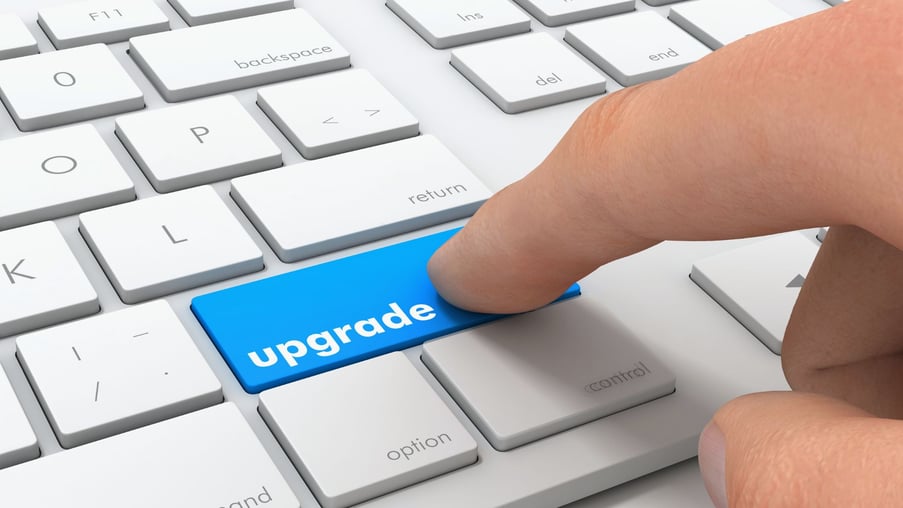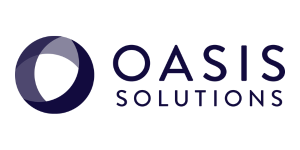
Changing business management systems is intimidating, especially when it involves something as critical as your accounting software or Enterprise Resource Planning (ERP) system. However, the new year offers a perfect opportunity to reevaluate your situation and determine if a new ERP system is right for you.
If it’s been some time since you’ve last implemented, here are six reasons why you should consider a new ERP this year:
1) Changes and growth in business
ERP systems are designed based on a company’s size and industry. If the direction of your business has changed or you’ve experienced growth since your last implementation, you should reevaluate your software systems. This is especially true for companies undergoing a business model transformation or preparing for a sale, merger, or acquisition. A new ERP system can help you maximize your business’s value and potential by optimizing your processes and putting improved management and control systems in place.
2) Evolving workplace habits
Businesses undergoing cultural transformation through hiring new employees or accommodating remote work policies need mobile-friendly technologies. Command-based and on-premise legacy systems are limiting for a modern workforce who is constantly on-the-go. Modern ERP systems built from the ground up in the cloud provide flexibility and can be accessed anywhere a web browser and internet connection are available.
3) Lack of real-time information
An isolated accounting system produces siloed data. Extensive time and effort is required to generate actionable insights for your finance, sales, and operations teams, and with the rapid pace of business, your decision-making needs to be predictive and immediate. A modern ERP system provides you with dashboards and real-time reporting at the touch of a finger.
4) Overreliance on manual processes
Spending too much time in Excel or rekeying data? These methods have served some traditional companies well for decades, but they are now finding it unmanageable with changing times. Using spreadsheets to manage end-to-end processes is a bottleneck that may be hindering your growth. An ERP system helps you automate, therefore maximizing efficiency and productivity.
5) Regulation noncompliance
Accounting standards are regularly updated to include new compliance regulations. Modern billing structures like subscription billing or complex lease management mean compliance have added complexity. As a result, it can become harder and harder to ensure you’re checking all the right boxes. You need an ERP system and vendor with strong financial standing that are committed to updating their software to comply with constantly changing regulatory requirements.
6) Expiring vendor support
The vendor who originally created your software may no longer be in business, or perhaps they were acquired by a company that doesn’t support the product very well. Over time, new technologies are developed and legacy systems are left behind. Vendors often can’t justify supporting out-of-date software over developing and supporting their new products. If this resembles your situation, now is a great time to migrate.
Not sure where to start? Let the experienced team at Oasis do the lifting for you. With over 30 years implementing and supporting ERP, we can help you evaluate your current processes and ensure you are using your ERP solution to its full capability. If not, we will guide you onto the path to success and a new ERP.



